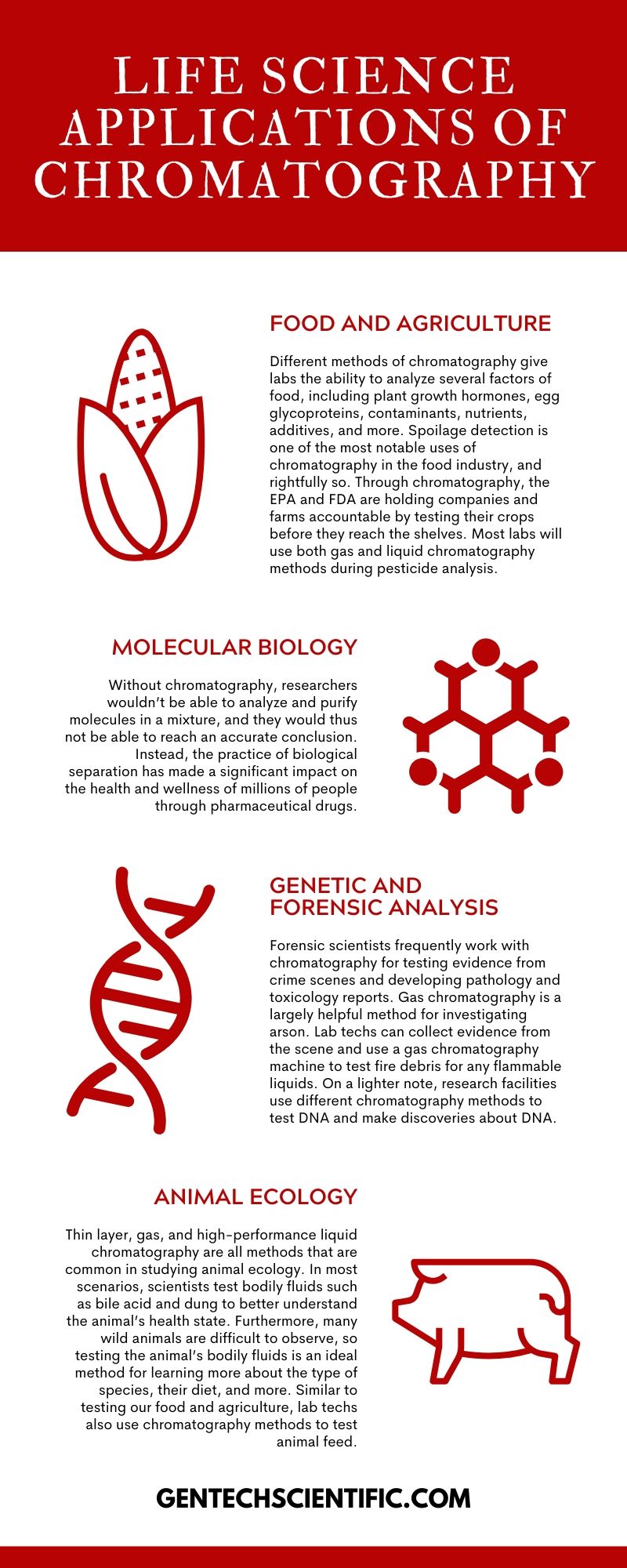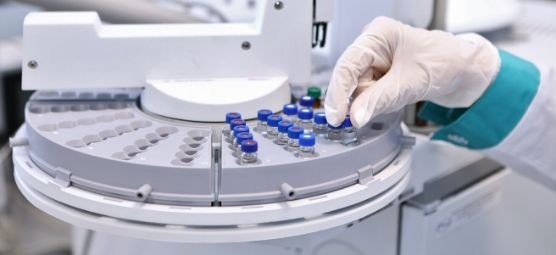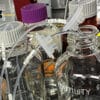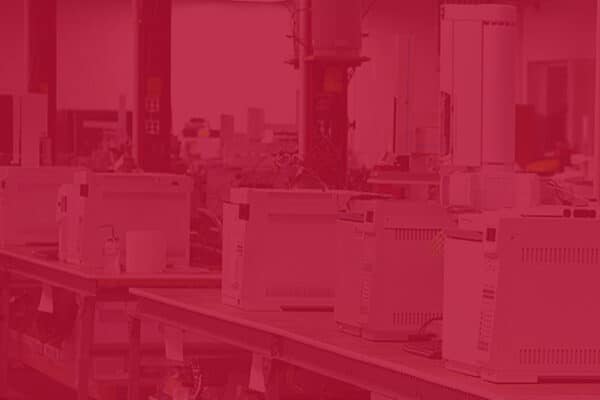The study of life sciences spreads across a wide array of topics such as food and agriculture, ecology, microbiology, genetics, and forensics, just to name a few. Without chromatography, we would have a lot of unanswered questions. Additionally, we wouldn’t have been able to identify whether certain food is safe to eat. For those searching for more information about the life science applications of chromatography, our experts have you covered. Read on to better understand how chromatography has changed all our lives for the better.
Food and agriculture
As indicated by Abraham Maslow’s famous hierarchy of needs in 1943, everyone has physiological needs. Physiological needs include food, water, and shelter, and chromatography has helped our study of both food and water. Before labs can analyze food, they must look at the source ––either a manufacturer of processed food or agriculture. Chromatography can be used to analyze things like plant growth hormones, egg glycoproteins, contaminants, nutrients, additives, and more. Spoilage detection is one of the most notable uses of chromatography in the food industry, and rightfully so. Through various tests, lab technicians can assess food quality by measuring bacterial content and separating different components of the sample.
Unfortunately, it’s nearly impossible to come by produce that wasn’t sprayed with pesticides and other chemicals, even when buying organic. Chromatography helps the EPA and FDA hold companies and farms accountable by testing their crops before they reach the shelves. Most labs will use both gas and liquid chromatography methods during pesticide analysis.
Alternatively, grocery store shelves are full of processed foods which can also raise health concerns. To make foods appear more appealing and taste better, companies pack their foods with additives. Too many additives in processed foods contribute to health problems such as obesity and high blood pressure. Chromatography helps the FDA clearly recognize the amount and type of additives. Furthermore, labs will use chromatography to analyze the nutritional value of a particular food. Lab technicians can identify important facts such as vitamins and proteins.
Molecular biology
Liquid chromatography is best used in a biological setting as it helps scientists analyze molecules individually and quickly. Molecular biology is arguably most common throughout the pharmaceutical industry, and proteins and nucleic acids are among the most common molecules that lab techs search for. Without chromatography, researchers wouldn’t be able to analyze and purify molecules in a mixture, and they would thus not be able to reach an accurate conclusion. Instead, the practice of biological separation has made a significant impact on the health and wellness of millions of people through pharmaceutical drugs. While molecular biology is common in the pharmaceutical industry, it also has applications in the food industry as previously discussed.
Genetic and forensic analysis
Forensic scientists frequently work with chromatography for testing evidence from crime scenes and developing pathology and toxicology reports. Law enforcement professionals often collect hair and blood samples from a crime scene to test for DNA and other evidence. Scientists often use gas chromatography when running pathology tests to help them determine vital decisions such as cause of death.
Gas chromatography is a largely helpful method for investigating arson. Evidence collected from the scene can be tested for any flammable liquids using a GC. Though, for more accurate results, scientists will often run additional tests with other analytical instruments such as mass spectrometers.
On a lighter note, research facilities use different chromatography methods to test DNA and make discoveries about DNA. For instance, after decades of research, scientists concluded that people who are left-handed have a DNA dynamic genetic code. DNA research is shared among medical professionals to enhance diagnosis and treatment decisions for patients’ medical conditions.
Animal ecology
Thin layer, gas, and high-performance liquid chromatography are all methods that are common in studying animal ecology. In most scenarios, scientists test bodily fluids such as bile acid and dung to better understand the animal’s health state. Animals in the wild are difficult to observe; testing bodily fluids gives information about a species, their diet, and more.
Similar to testing our food and agriculture, lab techs also use chromatography methods to test animal feed. Generally, scientists look at the same factors they look for in food for human consumption – nutrients, proteins, pesticides, and overall quality.
As this guide has shown, there are several life science applications of chromatography, and there are still plenty more applications. Life science studies any living “thing” on Earth, and that clearly expands a wide array of “things.” Some other applications of chromatography include several variations of biology, analysis in metabolomics, proteomics, and clinical studies. The most fascinating part of all these applications is that many of them work together, lead to further research, and provide more precise data to work with when formulating hypotheses.
Featured gas chromatography instruments
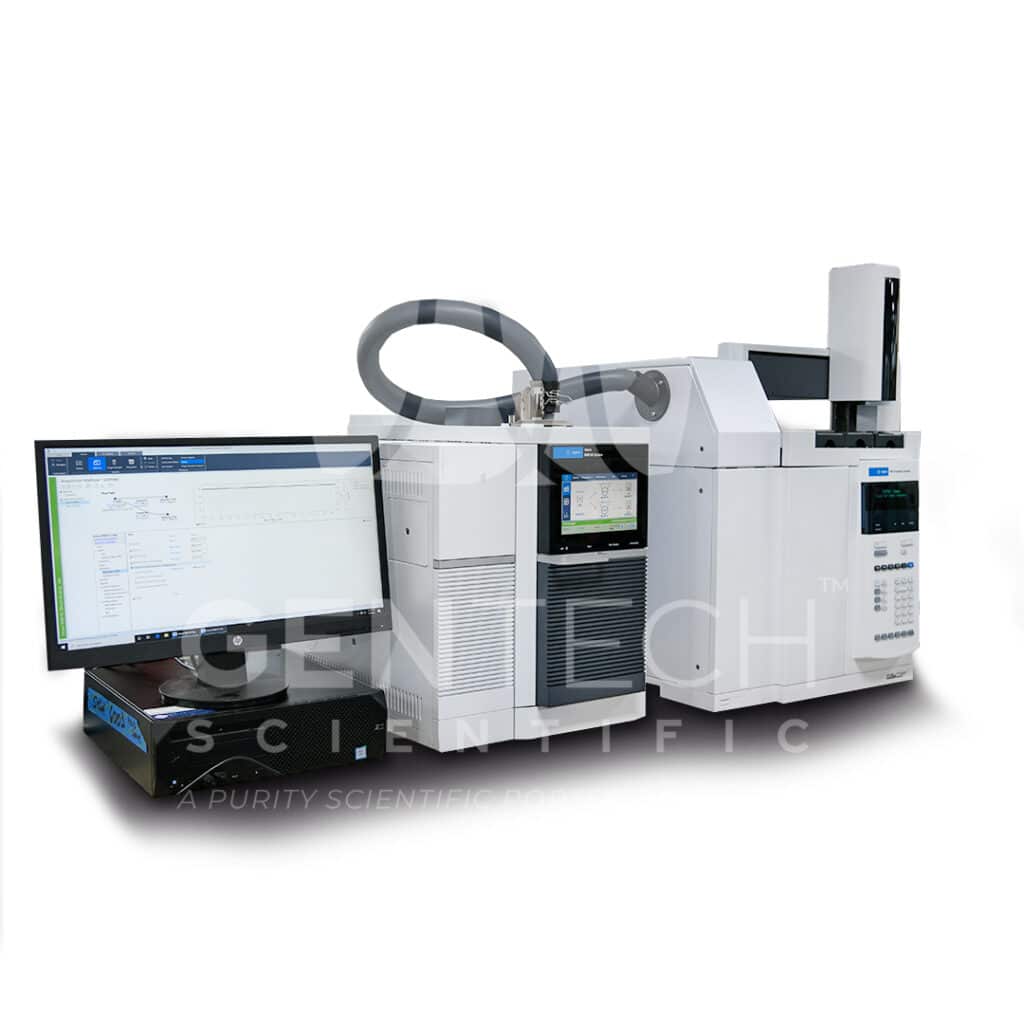
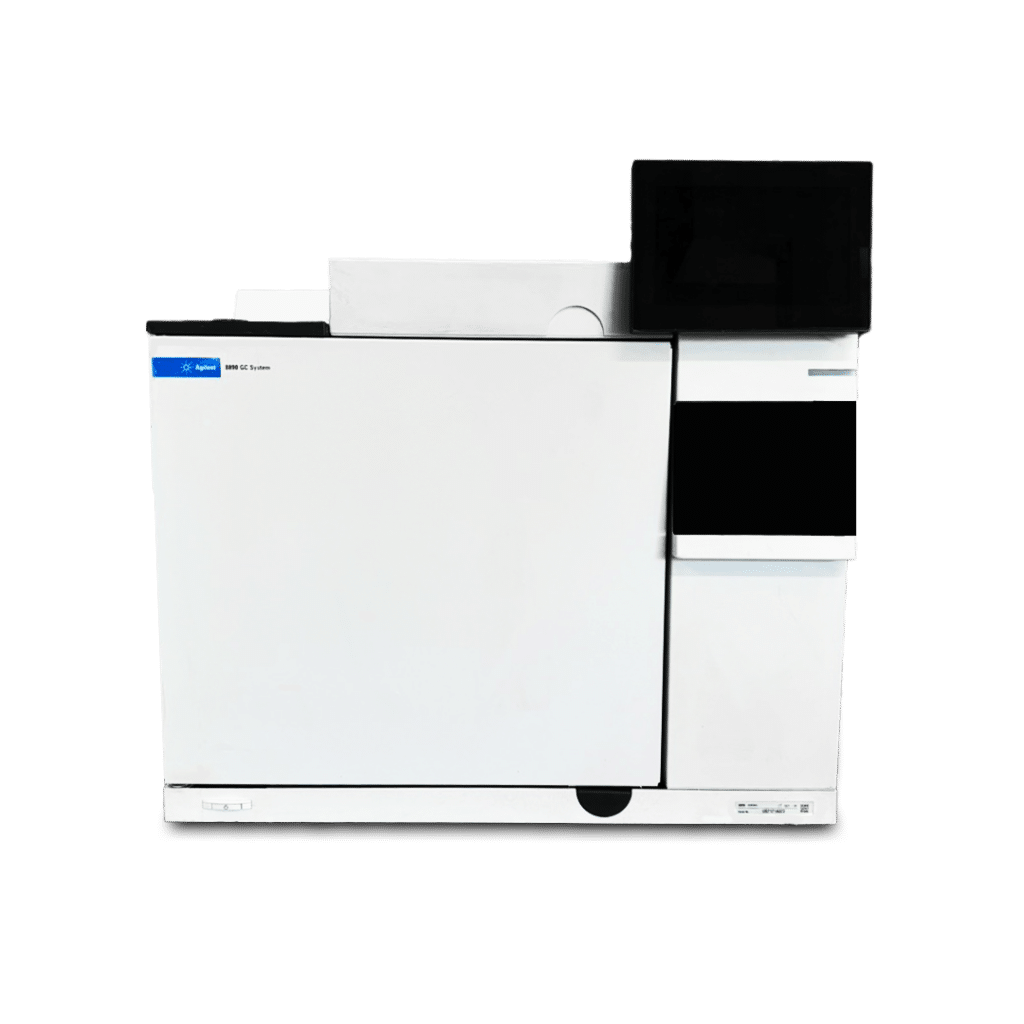
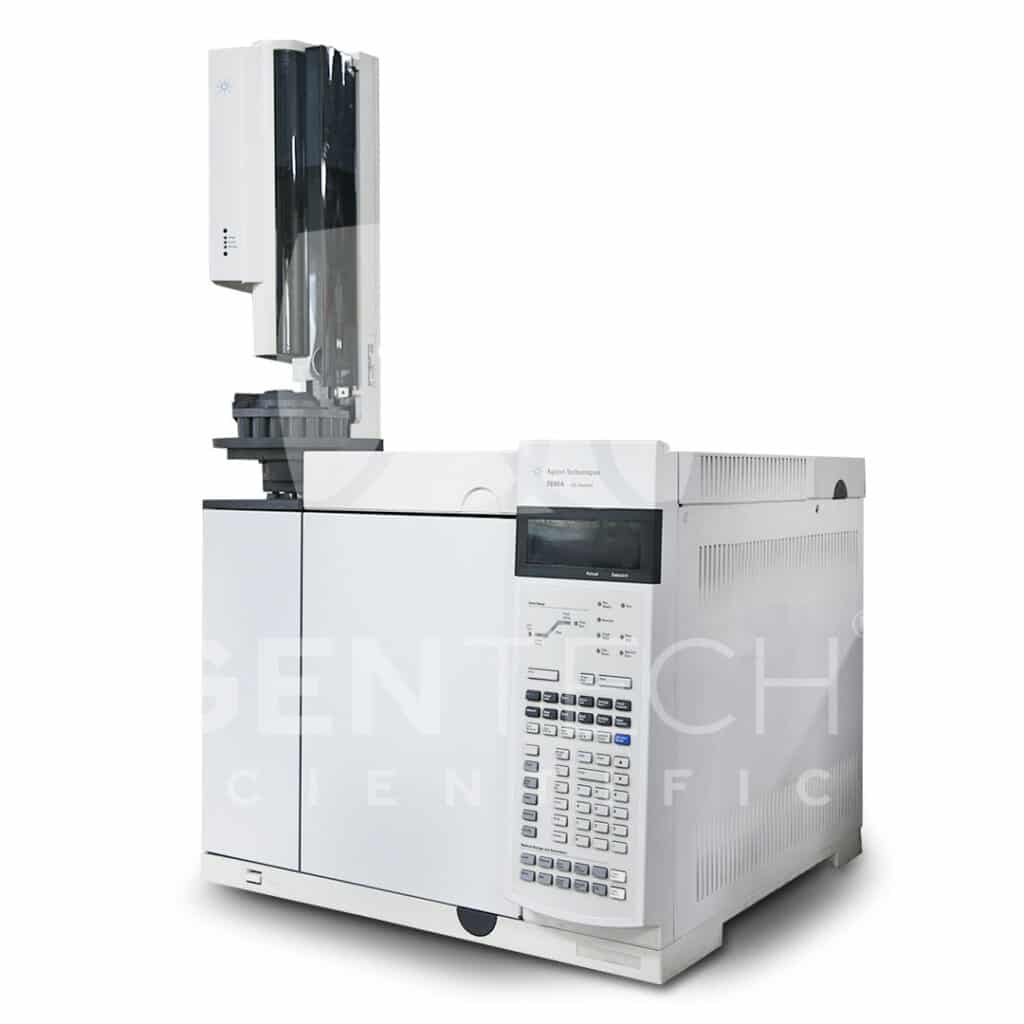
The benefits of refurbished instrumentation
Regardless of the industry, labs need high-quality and reliable analytical instruments. A scientist can only research as far as their equipment allows. If you’re working with unreliable equipment, your tests could lose accuracy and you could lose vital data.
Purchasing used analytical instruments from GenTech Scientific ensures you’ll get reliable equipment, without breaking the bank. Our refurbishing team has extensive industry experience, giving them the know-how they need to bring used machines back to life. Since we do all the refurbishing in-house, our professionals repaired the machine you purchased and know the machine inside and out. We understand how important research and data is. That’s why we refuse to cut corners on quality and always ensure the best quality machine is leaving our facility. We not only take pride in our work, we warranty it. If you’re interested in high-quality lab equipment that’s fairly priced, look no further than GenTech Scientific. Contact us today for your next free quote.
